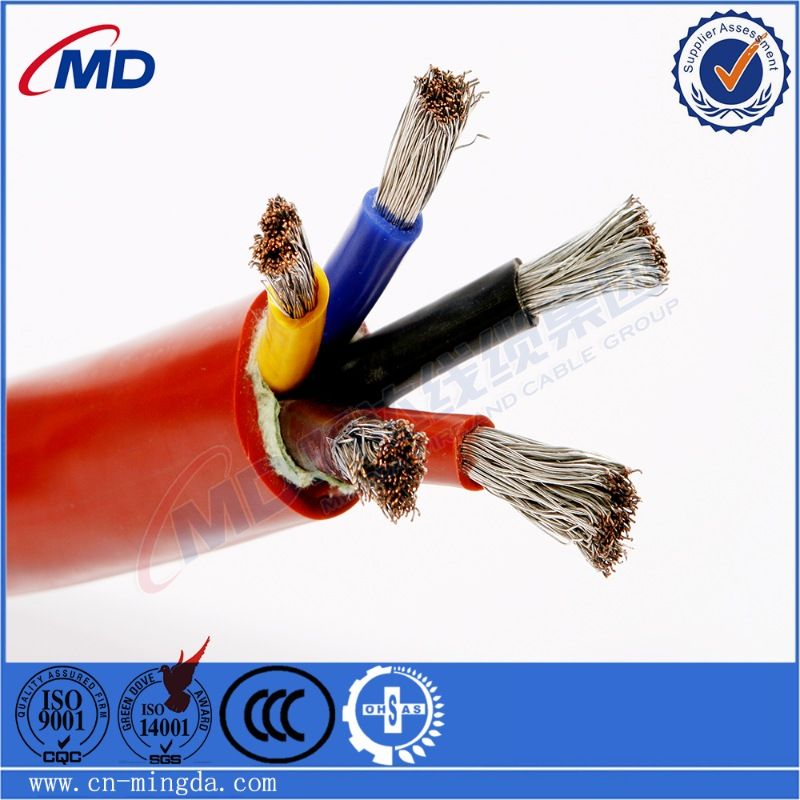Dec . 02, 2024 03:52 Back to list
High Demand Applications for Extreme Operating Conditions
Understanding Severe Service in Industrial Applications
In industrial settings, the term severe service refers to conditions that are particularly demanding for equipment and components. These environments may include high pressures, extreme temperatures, corrosive substances, or high levels of abrasion. Industries such as oil and gas, chemical processing, power generation, and mining frequently encounter severe service conditions, necessitating specialized approaches to equipment selection, maintenance, and operation.
The Importance of Severe Service Equipment
Severe service applications require machinery and components that can withstand rigorous operating environments without compromising safety or efficiency. Standard equipment might perform adequately under typical conditions; however, the factors associated with severe service can lead to premature wear and failure. Therefore, using equipment specifically designed for severe service is essential for maintaining operational continuity and reducing downtime.
Components such as valves, pumps, and fittings need to be constructed from high-grade materials that can endure increased stress and corrosive elements. For example, valves used in oil refineries must not only handle high pressures but also resist the corrosive effects of various chemicals. Similarly, pumps in a mining operation may need to manage abrasive slurries, which can quickly erode conventional pump materials.
Key Considerations for Severe Service Applications
1. Material Selection The choice of materials is critical in severe service contexts. Materials such as stainless steel, high-alloy materials, and specialized coatings are often employed to provide resistance to corrosion and wear while ensuring mechanical integrity.
2. Design Standards Equipment designed for severe service must adhere to stringent industry standards. These designs often incorporate features such as enhanced sealing mechanisms, robust mounting methods, and advanced thermal management systems to ensure reliable operation.
severe service

3. Regular Maintenance Even with appropriate equipment, regular maintenance is crucial in severe service applications. Routine inspections, preventive maintenance schedules, and condition monitoring can help identify potential issues before they escalate into significant problems. This proactive approach minimizes downtime and keeps operations running smoothly.
4. Training and Awareness Personnel working in severe service environments need to be trained adequately. Understanding the specific challenges of their operating environment will help them make informed decisions regarding equipment operation and maintenance.
Case Studies in Severe Service Applications
One notable example of severe service is found in the petrochemical industry. Here, high-pressure pipelines transport aggressive materials at elevated temperatures. Equipment failures can result in catastrophic outcomes, including environmental disasters and loss of life. Therefore, severe service valves made from high-performance alloys are critical to ensure safe and efficient operation.
In mining operations, the handling of abrasive materials poses another challenge. Companies have increasingly turned to advanced pump technologies that utilize specially designed impellers and casings to withstand wear while maintaining efficiency. The investment in severe service-optimized equipment has proven to be cost-effective in the long run, significantly reducing unplanned outages and maintenance costs.
Conclusion
Severe service applications present unique challenges that require a comprehensive understanding of materials, design, and operational practices. By investing in the right equipment and maintenance strategies, industries can effectively manage these challenging conditions, resulting in improved reliability and safety. As industrial processes continue to evolve, the importance of severe service consideration will only grow, emphasizing the need for innovation and adaptation in equipment design and operational protocols. Recognizing the demands of severe service not only safeguards assets but also promotes a sustainable and efficient operational framework across various industries.
Share
-
priming-a-pump-with-a-foot-valve-with-strainerNewsAug.23,2025
-
the-importance-of-a-y-strainer-in-pump-protectionNewsAug.23,2025
-
stainless-steel-ball-check-valve-for-high-purity-applicationsNewsAug.23,2025
-
common-applications-for-wafer-type-butterfly-valvesNewsAug.23,2025
-
seat-options-for-a-12-inch-knife-gate-valveNewsAug.23,2025
-
the-lifespan-of-a-typical-dismantling-jointNewsAug.23,2025


